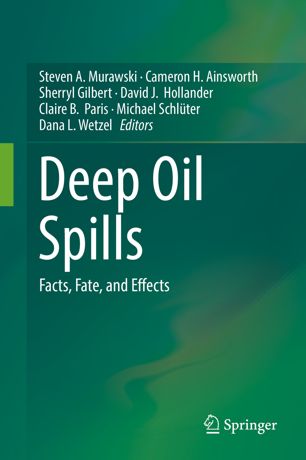

Most ebook files are in PDF format, so you can easily read them using various software such as Foxit Reader or directly on the Google Chrome browser.
Some ebook files are released by publishers in other formats such as .awz, .mobi, .epub, .fb2, etc. You may need to install specific software to read these formats on mobile/PC, such as Calibre.
Please read the tutorial at this link: https://ebookbell.com/faq
We offer FREE conversion to the popular formats you request; however, this may take some time. Therefore, right after payment, please email us, and we will try to provide the service as quickly as possible.
For some exceptional file formats or broken links (if any), please refrain from opening any disputes. Instead, email us first, and we will try to assist within a maximum of 6 hours.
EbookBell Team

4.7
96 reviewsThe demand for oil and gas has brought exploration and production to unprecedented depths of the world’s oceans. Currently, over 50% of the oil from the Gulf of Mexico now comes from waters in excess of 1,500 meters (one mile) deep, where no oil was produced just 20 years ago. The Deepwater Horizon oil spill blowout did much to change the perception of oil spills as coming just from tanker accidents, train derailments, and pipeline ruptures. In fact, beginning with the Ixtoc 1 spill off Campeche, Mexico in 1979-1980, there have been a series of large spill events originating at the sea bottom and creating a myriad of new environmental and well control challenges. This volume explores the physics, chemistry, sub-surface oil deposition and environmental impacts of deep oil spills. Key lessons learned from the responses to previous deep spills, as well as unresolved scientific questions for additional research are highlighted, all of which are appropriate for governmental regulators, politicians, industry decision-makers, first responders, researchers and students wanting an incisive overview of issues surrounding deep-water oil and gas production.